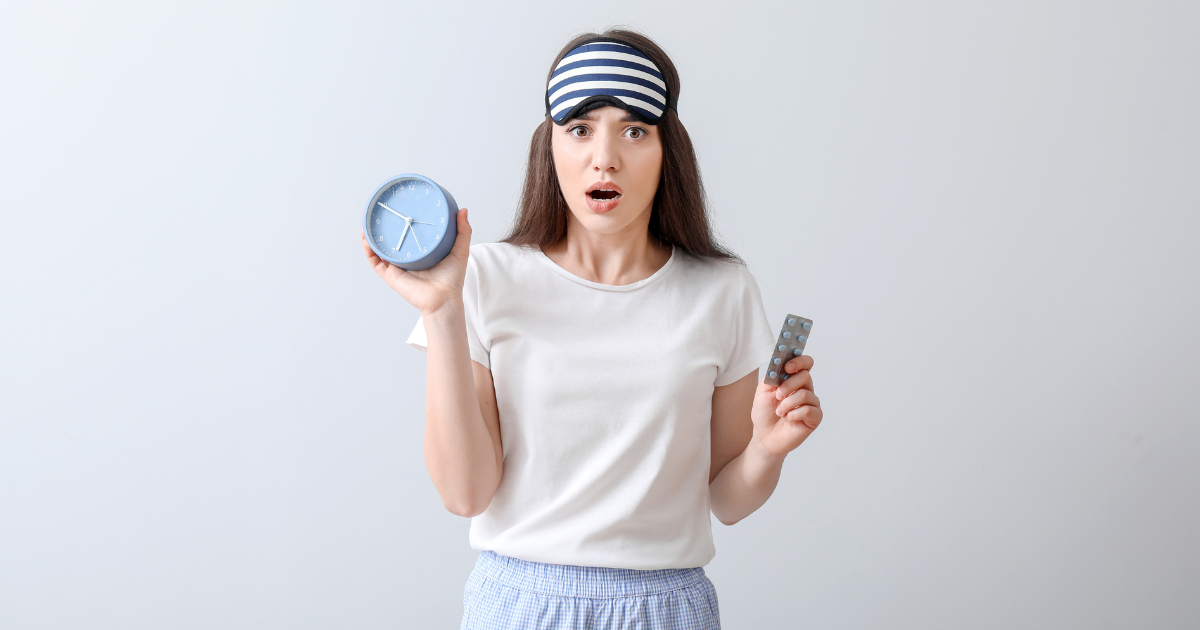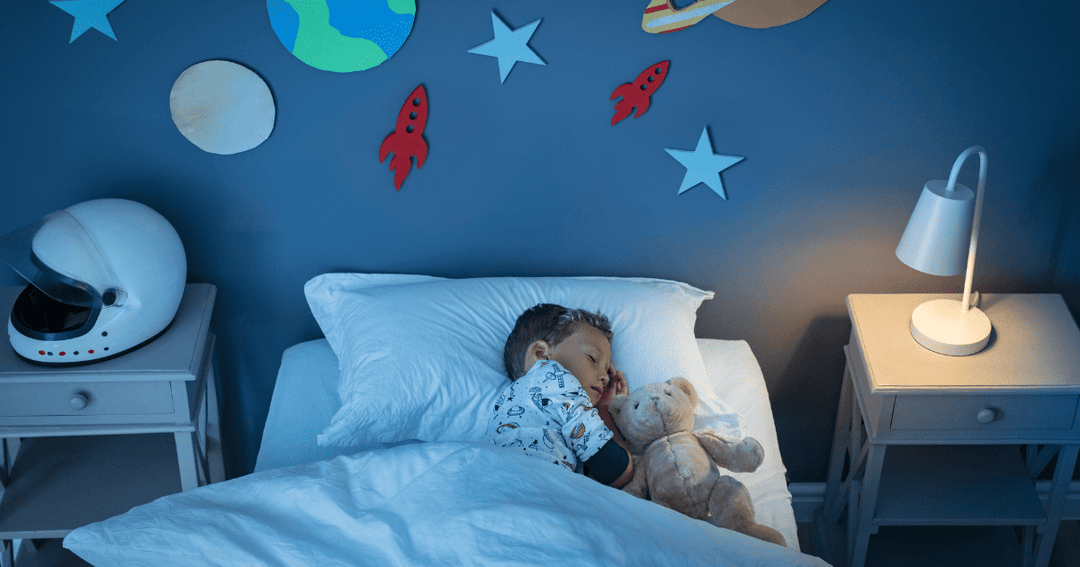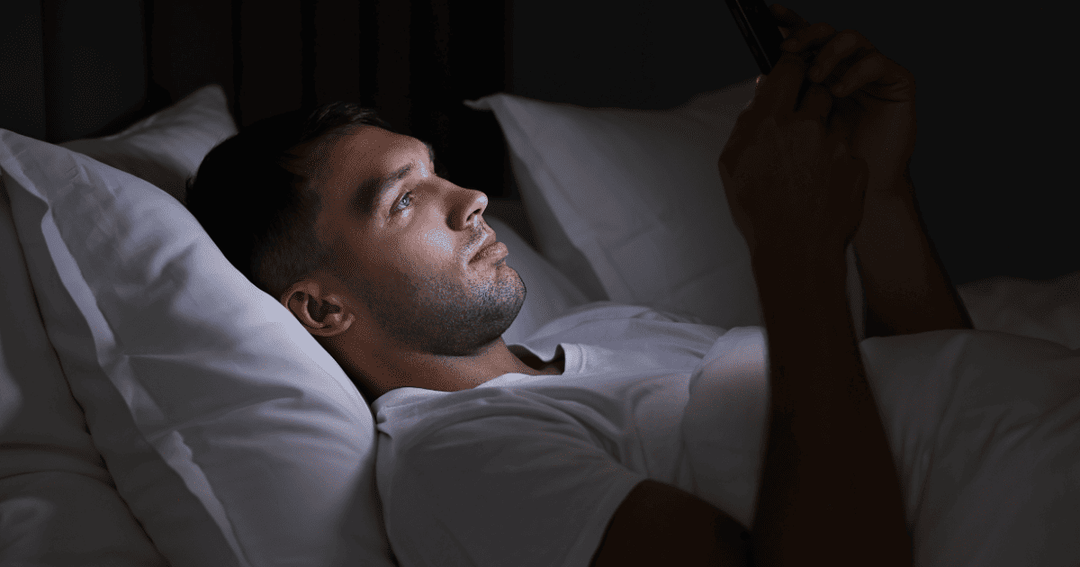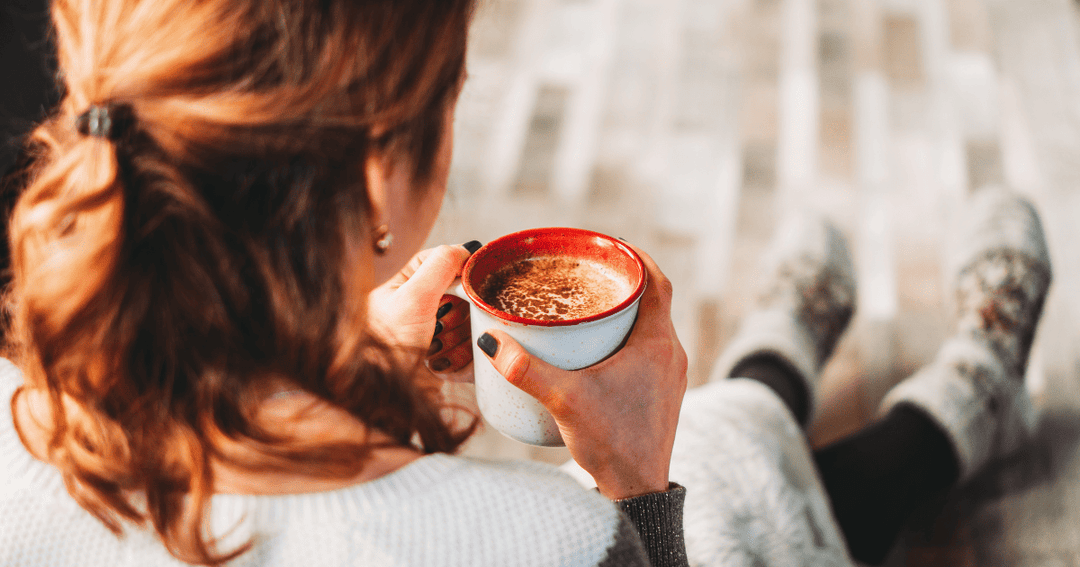NPR Reports That COVID Can Cause Insomnia Well After Infection

If you’ve developed insomnia in the past three years, it might have something to do with a COVID-19 infection. We already know that worrying about getting COVID-19 led to skyrocketing cases of sleep disorders like insomnia, but a recent report by NPR shows that those who were infected by COVID might also struggle with insomnia well after the infection has passed and no other symptoms are present. NPR host Mary Louise Kelly recently sat down with science journalist Emily Sohn to discuss her article in National Geographic’s “COVID-19 Can Ruin Your Sleep in Many Different Ways—Here’s Why.” Kelly points out that “for some people who've had COVID, the sleep disturbances may last for months, even after they otherwise feel better.”
One of the studies Sohn analyzed was from the Cleveland Clinic in 2023, which found that over one-third of those with “long COVID” said they had sleep disruptions for up to six months after the initial infection. Sohn says there are reports of sleep disturbances that are just “all over the place.” She spoke to a researcher at the Cleveland Clinic and found out that insomnia is by far the most common sleep disturbance in those who have had COVID-19.
There are also reports of sleeping too much (up to 18 hours per day) as well as vivid dreams and nightmares (which, of course, could trigger insomnia). Sohn says there are “all these different kinds of sleep disturbances that people are having sometimes for months after they've been sick.”
COVID and Insomnia
Kelly asked Sohn if there is a way to “definitively tie” COVID to insomnia, and that’s a tough question to answer. COVID is relatively new, so the symptoms and side effects are, too. Prior to the pandemic, about 30 percent of adults in the U.S. reported they had insomnia. During the pandemic, there were numerous studies that showed that up to 60 percent of people had “worsening insomnia symptoms,” and there were many new cases of insomnia.
This is no surprise, but what is important to note is that these worsening and new insomnia cases are not necessarily receding as we have learned to live in and manage the pandemic.
Also Read: This Common Habit Makes Insomnia Worse
Research is ongoing, and we’re starting to learn more about the link between COVID-19 and insomnia. The immune system is complex. Numerous studies in animals have shown that when a virus is injected into their body, they sleep more with little movement. Similar results have been found in humans. Initially, if you were infected with COVID, you might have slept more.
We often think we’re “fighting something off” if we don’t feel well and sleep longer. However, according to Sohn, as symptoms develop, we find that people sleep less. So, they might be spending longer in bed, but they're waking up more. Their sleep is more disrupted. They're congested, fever. They're achy. And those symptoms can interrupt their sleep, too.
The first thing anyone should do when they notice chronic insomnia is talk to their doctor. There are also techniques that may be helpful in getting better sleep, such as following sleep hygiene best practices or adding Sip2Sleep® to your routine.
Those who understandably want to avoid medication for chronic insomnia may benefit from cognitive behavior therapy for insomnia (CBT-I). Sohn also looked into this and reports,
Also Read: 10 Best Melatonin Alternatives for Better Sleep
The ones [recommendations] that come up again and again are going to bed at the same time every night, turning off your screen before you try to go to sleep, getting into a good routine, you know, maybe getting up and getting outside and getting fresh air and getting physical activity to help your sleep. Those have also been shown to work. The tricky part of that is that for some people with long-term symptoms of COVID, the exercise can set them back.
Insomnia, no matter the trigger, can be a challenging sleep disorder to manage and treat. However, before your doctor's appointment, you may achieve better, longer sleep with Sip2Sleep®. Tart cherry juice reduces inflammation that can cause sleep issues while Venetron® naturally reduces stress.







